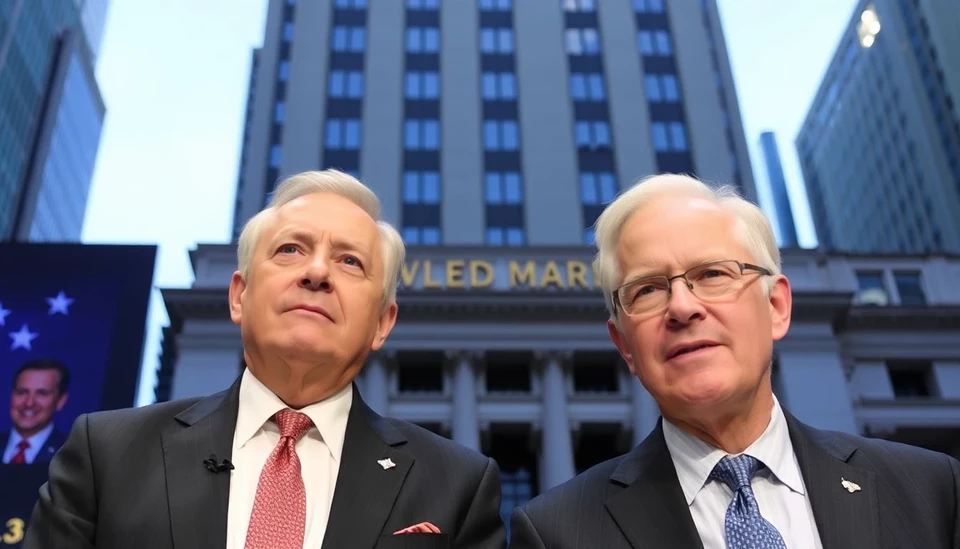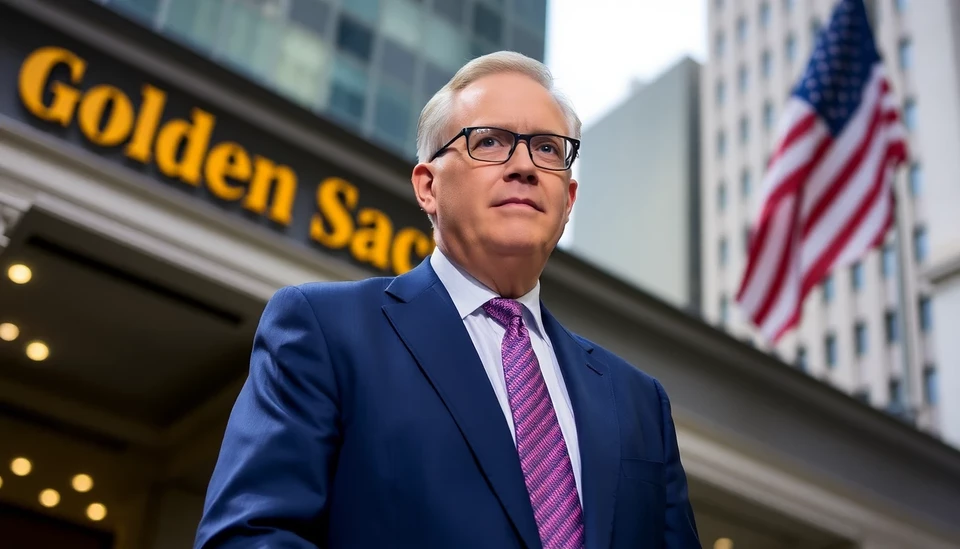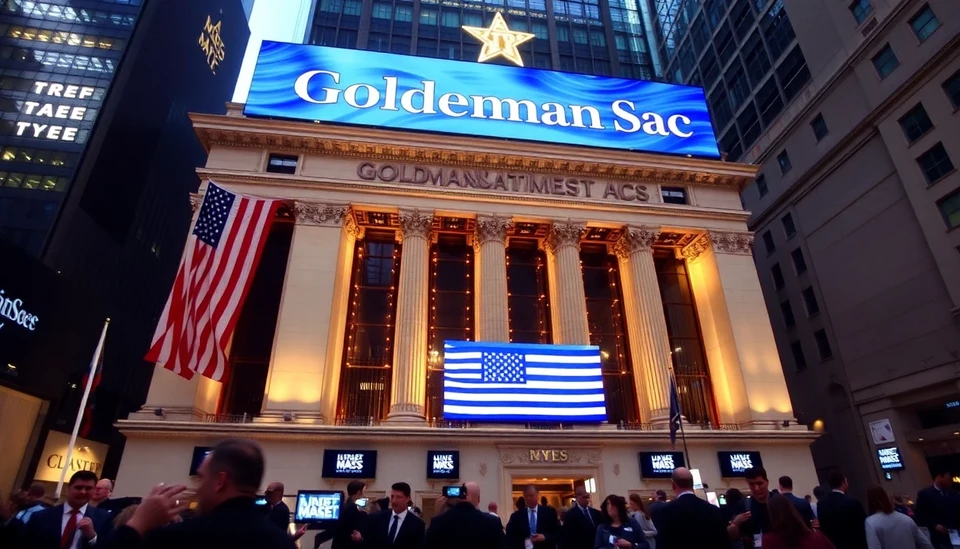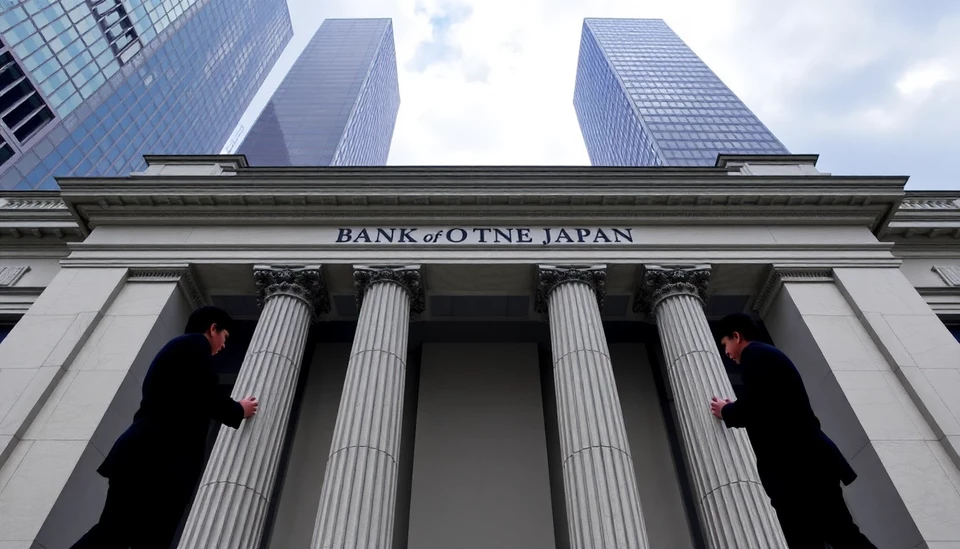
In a recent report, Institutional Shareholder Services (ISS) has raised concerns regarding the special bonuses awarded to Goldman Sachs' top executives, including the CEO and President. The analysis suggests that these bonuses lack the necessary rigor and alignment with shareholder interests, raising questions about corporate governance practices at one of Wall Street's most prominent investment banks.
Goldman Sachs, known for its influential role in the financial sector, has come under fire as ISS detailed its findings on the bonus structure. The advisory firm argued that the significant awards given to the firm’s leadership might not be directly tied to measurable performance outcomes, thereby questioning the justification for their size and scale.
The bonuses in question are reportedly part of a broader trend among large financial institutions where compensation for top executives can sometimes exceed performance-related metrics. According to the ISS analysis, while some level of incentive for leadership is standard in the industry, the lack of stringent criteria for these bonuses in the current instance is particularly worrying. This could signal potential misalignment between executive compensation and the long-term interests of shareholders.
Goldman Sachs has defended its compensation packages, stating that the bonuses are designed to attract and retain top talent in a competitive market. However, critics, including ISS, argue that such compensation should be more closely tied to overall company performance and shareholder returns. As large financial institutions face heightened scrutiny from regulators and the public regarding their compensation practices, the pressure on Goldman Sachs to reassess its bonus guidelines may intensify.
As institutional investors and activist shareholders increasingly demand accountability, the implications of this report could be significant for Goldman and its leadership. Expectations for transparent and performance-driven compensation structures are rising among investors who seek assurance that their interests are primary in the decision-making processes of the firms they invest in.
This issue is not isolated to Goldman Sachs alone; rather, it reflects a broader conversation within the financial industry regarding executive pay. Firms are beginning to recognize that accountability and responsible governance are essential in maintaining trust with investors and the public.
Going forward, financial institutions like Goldman Sachs will likely need to demonstrate a commitment to aligning executive compensation with long-term shareholder value. Increased scrutiny from advisory firms like ISS and the growing demand for corporate transparency suggest that changes may be on the horizon.
In light of this recent criticism, investors will be closely monitoring upcoming shareholder meetings and company communications to ascertain how Goldman Sachs plans to address these concerns regarding executive bonuses and compensation structures moving forward.
As the landscape of corporate governance continues to evolve, the balance between rewarding top executives and upholding shareholder interests will remain a pivotal point of discussion within the finance sector.
#GoldmanSachs #ExecutiveCompensation #InstitutionalShareholderServices #CorporateGovernance #FinanceNews #WallStreet
Author: Victoria Adams




